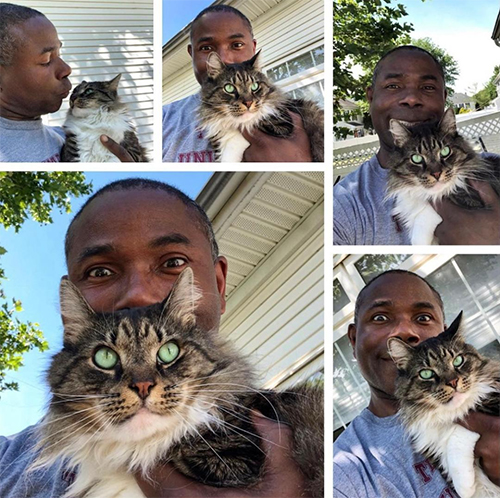Animal Rescue and Adoption
Animal Rescue in the United States – 2024 Overview
Animal rescue in the United States has shown significant trends and challenges in 2024. Shelter intakes for cats and dogs decreased in the first half of the year compared to the same period in 2023. Despite this, the live outcome rate remained consistent, with 82% of intakes resulting in positive outcomes, mirroring the success rate from the previous year.
No-kill shelters continue to make strides, with about 50% of shelters now achieving no-kill status. The overarching goal is for every shelter to reach a 90% save rate. However, challenges persist, as the number of non-live outcomes for dogs (including euthanasia, deaths, or losses in care) rose by 30.9% in 2023 from 2022.
The most common breeds found in shelters include Pit Bulls, Labrador Retrievers, Chihuahuas, Boxers, German Shepherds, Beagles, Dachshunds, and Australian Cattle Dogs. Annually, approximately 6.3 million companion animals enter U.S. shelters, with about 4.1 million finding new homes through adoption. Unfortunately, the top five states for animal killings remain California, Texas, North Carolina, Florida, and Louisiana. Additionally, roughly 10% of animal surrenders are due to the death of their owners.
These statistics highlight both progress and ongoing challenges in the field of animal rescue, underscoring the need for continued support and advocacy for shelter animals.
Rescue Operations:
The foundation actively collaborates with animal shelters, rescue organizations, and local authorities to identify animals in need of rescue.
Mobilizes resources for rescue operations, including trained personnel, transportation, and medical support for injured or distressed animals.
Medical Care and Rehabilitation:
Provides immediate medical attention and veterinary care for rescued animals, addressing injuries, illnesses, and ensuring they are in optimal health.
Collaborates with veterinary clinics and professionals to establish rehabilitation plans for animals with long-term medical or behavioral needs.
Shelter Support:
Collaborates with animal shelters to improve facilities, ensuring a safe and comfortable environment for rescued animals.
Provides support for shelter maintenance, upgrades, and the overall well-being of animals awaiting adoption.
Adoption Programs:
Partners with local charities and promotes adoption programs to find loving and permanent homes for rescued animals.
Assists with adoption events, both physical and virtual, to connect potential adopters with animals in need of homes.
Facilitates post-adoption follow-up to ensure the well-being of the animals.
Educational Campaigns:
Implements educational initiatives to raise awareness about the importance of animal adoption and responsible pet ownership.
Participates in outreach programs in schools, communities, and online platforms to promote compassion towards animals and the benefits of adoption.
Spaying and Neutering Programs:
Supports spaying and neutering programs to address the issue of pet overpopulation.
Collaborates with veterinary clinics to provide low-cost or free spaying/neutering services, reducing the number of homeless animals in the long run.
Foster Care Programs:
Empowers foster care programs to provide temporary homes for animals awaiting adoption.
Recruits and supports foster families, ensuring they have the necessary resources and guidance to care for animals in their homes.
Microchipping and Identification:
Promotes responsible pet ownership by encouraging microchipping and proper identification for adopted animals.
Collaborates with veterinary clinics to offer affordable microchipping services, increasing the chances of reuniting lost pets with their owners.
Emergency Response for Animals:
Establishes protocols and resources for emergency response in cases of natural disasters or other crises affecting animals.
Collaborates with disaster response teams to ensure the safety and well-being of animals in emergencies.
Advocacy for Animal Welfare:
Actively advocates for animal welfare at local and national levels, participating in legislative efforts to improve animal protection laws.
Collaborates with like-minded organizations to promote ethical treatment of animals and raise awareness about issues such as animal cruelty and neglect.
Through these initiatives, The Russcheer Foundation aims to make a positive impact on the lives of animals, promoting responsible pet ownership, reducing the number of homeless animals, and ensuring that rescued animals find loving and caring forever homes.






